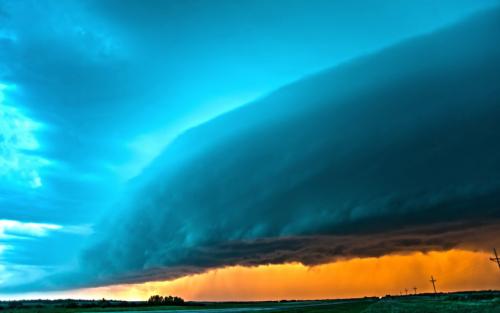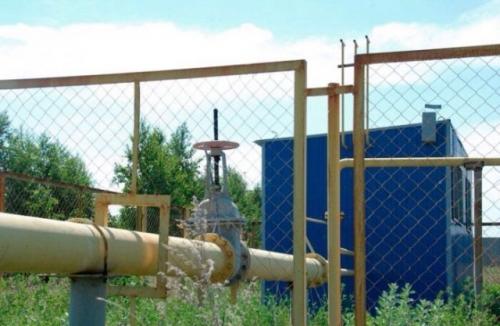The natural habitat satisfies the primary needs of man, giving him the opportunity to live. Thanks to the oxygen-rich atmosphere, he breathes. Due to plant and animal resources, as well as the availability of water, it feeds and quenches thirst.
Over the years of its existence, in addition to using natural benefits, people have learned to wrap them in their favor to meet their own needs for comfort. Humanity has learned to grow most of the food of plant origin on its own, often creating artificial conditions to obtain a better harvest. For the same purpose, breeders develop new varieties of plants. Many wild animals have been domesticated for the highest quality food.
Humanity also uses minerals for its own benefit. The extracted resources are processed and sent to further production, allowing the development of such industries as engineering, construction, light and food industries, etc.
The influence of nature on man

Despite industrial and technical progress, man has no power over nature. At the biological level, it affects by changes in atmospheric pressure, magnetic storms, etc.
Natural processes in the earth's crust and atmosphere, provoking earthquakes and tsunamis, typhoons and destructive hurricanes, cause significant damage to built cities and settlements, fields, gardens, etc.
The land, plants and atmosphere polluted by chemical and heavy industries, as well as toxic waste, also affect the population of the planet, provoking the development of ailments, reducing immunity and worsening the quality of life in general.
Human influence on nature

Despite the development of technical and scientific progress, humanity must reckon with nature. With illiterate use of resources, damage will be done first to her and only after that will be reflected in people.
Global warming is a clear illustration of this appeal. Significant emissions of carbon dioxide into the atmosphere and the appearance of ozone holes provoked a gradual increase in temperature and, as a result, the melting of glaciers, an increase in the water level in the world's oceans. The number of hurricanes and weather disasters, which cause material damage and lead to great loss of life, has increased.
Another devastating factor is deforestation, which provokes atmospheric pollution and the imbalance of oxygen / carbon dioxide in the direction of the latter. The extermination of plants and animals of small populations leads to their complete disappearance.

In order to avoid such imbalances leading to disastrous consequences, organizations versed in the issues of competent environmental management are being created, calling on humanity to the rational use of natural resources.
To this end, state governments and socially active citizens are creating protected areas and wildlife sanctuaries, planting new forests and gardens. Before mining, a thorough analysis of deposits is carried out with a forecast of their impact on the environment, subject to development.
Today, this practice is relevant only for developed countries. The so-called third world countries, where most of the population lives below the poverty line, continue to destroy natural resources, simultaneously polluting the land and water with toxins, and despite the irrationality of such an approach.
